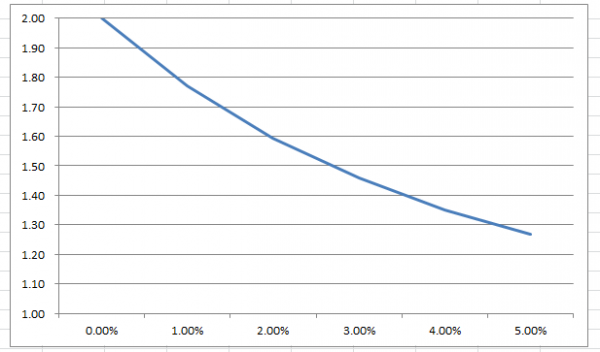If you have been active on Tennis you would have seen some great matches. But you should have also seen something else, maybe without realising it.
Odd odds
Often you see an outsider really battle away at a heavy odds-on favourite, maybe even winning the first set, but despite this, their odds don’t seem to come in that much. If you look at top player against a lower player, the outsider can be one set all and leading 4-1. But their odds were only 2.30 despite being in a clear lead. Why is that?
What’s the point(s)?
The first thing to note is there are a lot of points in Tennis. In the Murray match, we highlighted there were 243. In another ‘Epic’ semi-final, 368. If one player wins and another loses, there is obviously a demonstrable difference between them and that can be averaged over the course of the match. What better way to average that advantage of one player over another, than with points?
When predicting the result of a Tennis match this is what you are attempting to do. This is essentially what Tennis Trader does, it works out the theoretical advantage, then projects it forward. Of course, that makes it sensitive to small individual variations across all those points. But that’s the art of judging a Tennis match. As the match evolves so does the momentum shift from one player to another.
Small margins
It’s important to understand how this advantage can play out between two players. The key factor here is the difference in skill between the two players. I say skill, but at the highest level, most players are relatively
Have a look at the chart on this post and you can see just how important small percentages are in a Tennis match. I have compared two players and varied the advantage one has of winning a point against another. You can see the variance running along the x-axis. Tennis matches contain many points where this advantage can play out. Even if it is very slight, it gets significantly magnified over the entire match. If you look at a match where there is no advantage, the chance of either player winning is evens, tip the advantage 2% to one side and you can see the starting odds shift to 1.60. Shift it to 5% and the odds come right into less than 1.30.
Advantage point
But any advantage, no matter how small, gets magnified over the entire match. But also, a player with an advantage doesn’t mysteriously lose it immediately. It may still be there but needs time to play out. An opponent will ideally exploit this by putting the match beyond the favourite before they get the chance to respond or put this advantage to work.
Hopefully, this post has explained just how thin the line is on Tennis and what it looks like.

